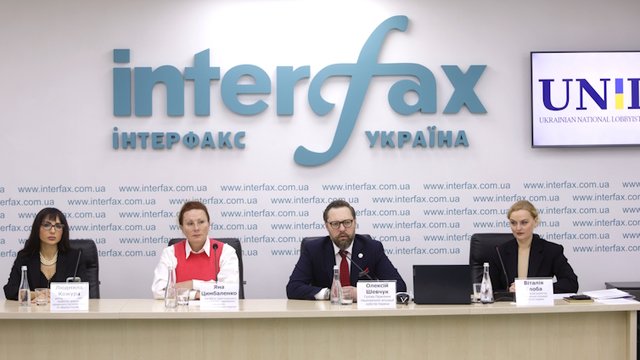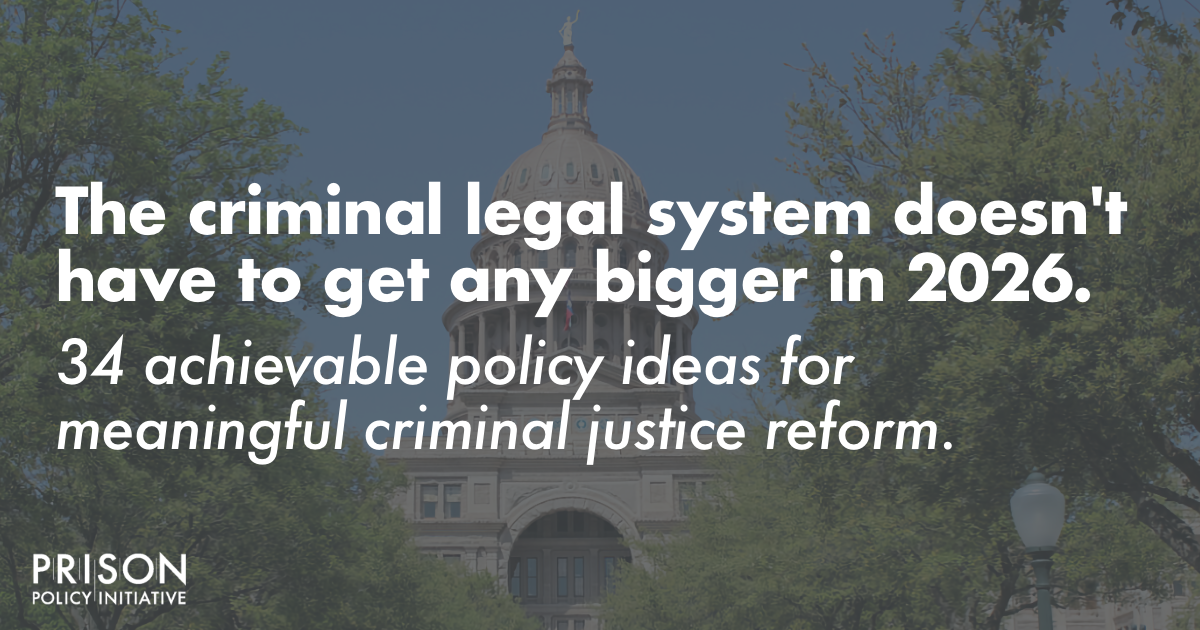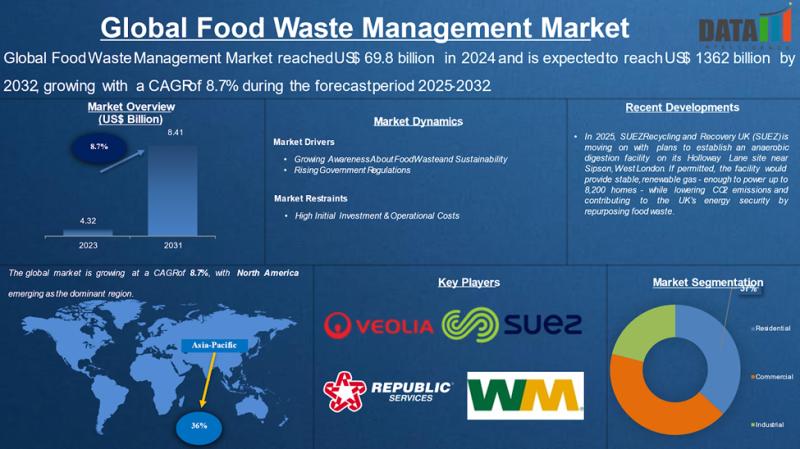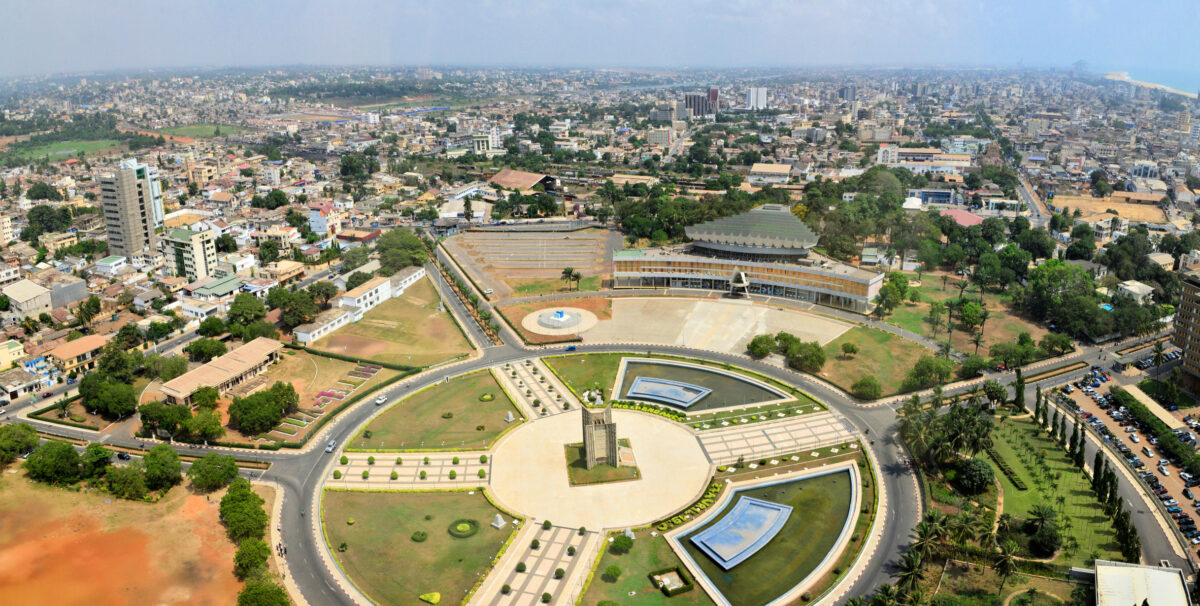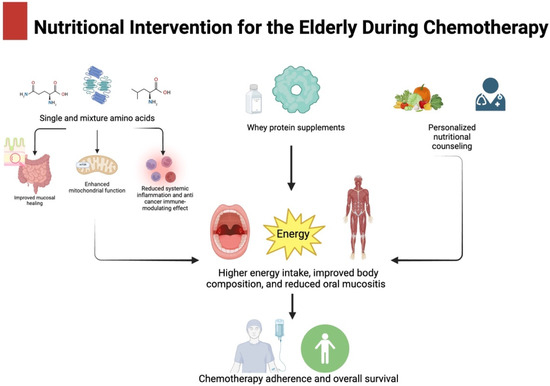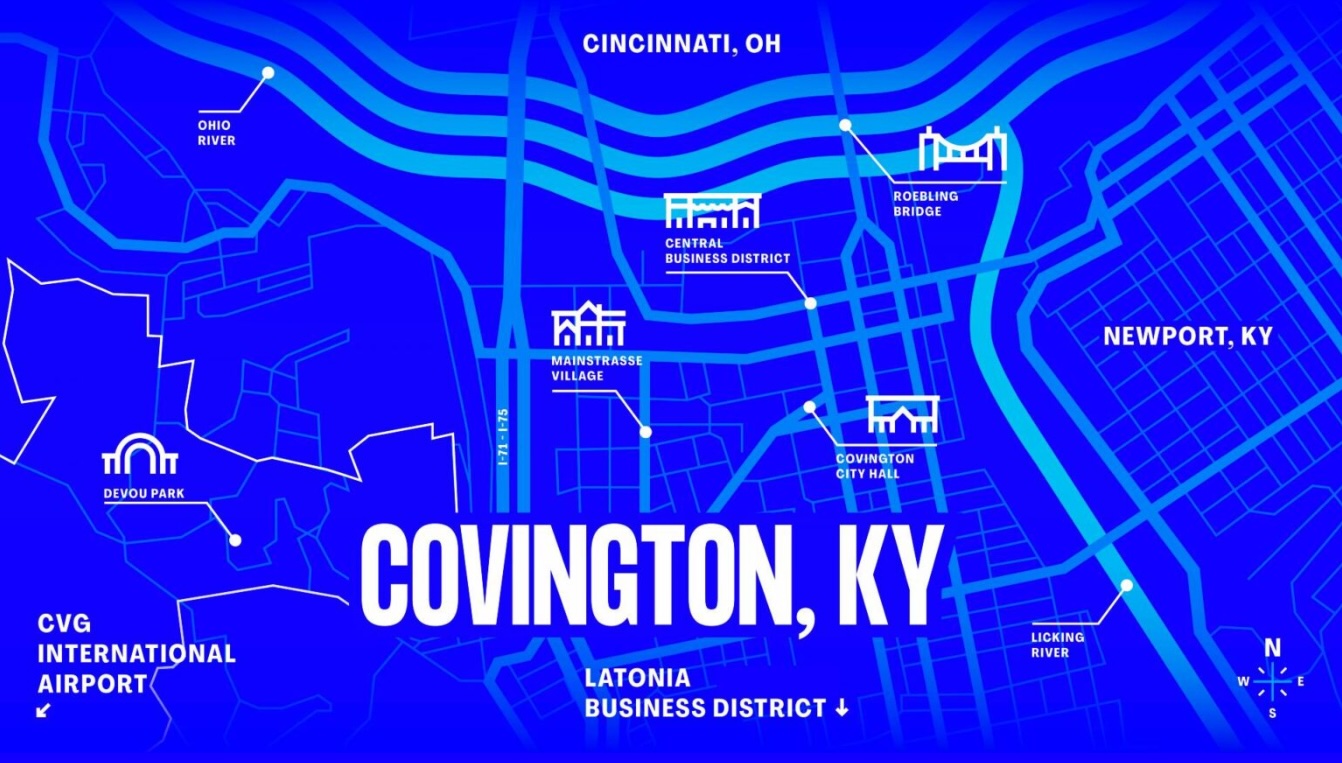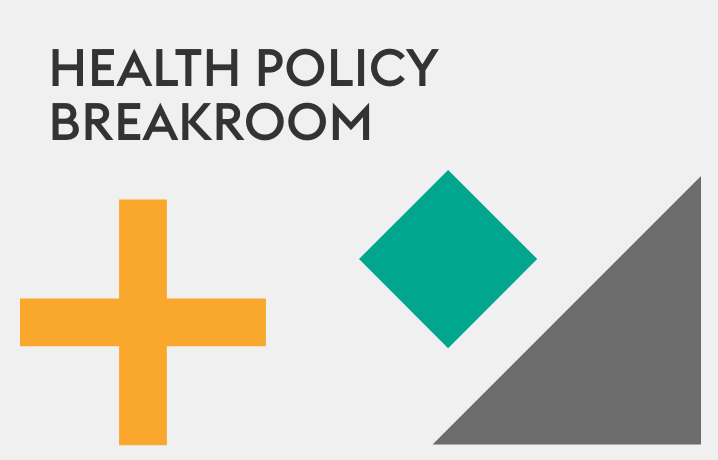Kyrgyzstan government takes over internet access – Developing Telecoms

Report on the Nationalisation of International Internet Traffic in the Kyrgyz Republic and its Sustainable Development Goal (SDG) Implications
Executive Summary
The government of the Kyrgyz Republic has decreed a temporary state monopoly on international internet traffic, effective from August 15, 2025, to August 14, 2026. This policy, officially aimed at advancing digital transformation, has significant implications for several Sustainable Development Goals (SDGs), particularly SDG 9 (Industry, Innovation, and Infrastructure), SDG 16 (Peace, Justice, and Strong Institutions), and SDG 8 (Decent Work and Economic Growth). While the stated objective aligns with improving national infrastructure, the implementation method and lack of transparency raise concerns regarding market competition, institutional accountability, and fundamental freedoms.
Decree Details and Stated Objectives
Mandate and Implementation
A presidential decree has established a 100% state monopoly on the supply and provision of international internet traffic. Key implementation measures include:
- All telecommunications operators and Internet Service Providers (ISPs) must transfer their international traffic agreements to the state-owned company, ElCat, within a two-month period.
- To bolster its capacity, ElCat will acquire 100% of the shares of the ISP Aknet.
The duration of this “temporary” monopoly is set for one year, with no official clarification on the possibility of an extension.
Official Rationale and Connection to SDG 9
The government’s official justification for the monopoly is to create conditions for the “further improvement of digital transformation.” This aligns with the objectives of SDG 9: Industry, Innovation, and Infrastructure, which calls for building resilient infrastructure and fostering innovation.
- Target 9.c: The stated goals to improve management of digital infrastructure, streamline internet traffic, and enhance communication quality directly relate to the target of increasing access to information and communications technology (ICT) and providing universal internet access.
- State-led Development: The policy represents a state-led approach to achieving infrastructure development goals, centralising control to manage the country’s digital backbone.
Analysis of Governance and Socio-Economic Impact
Implications for SDG 16: Peace, Justice, and Strong Institutions
The manner in which the decree was issued and the surrounding political context raise critical questions related to SDG 16, which promotes accountable institutions and fundamental freedoms.
- Target 16.6 (Effective, Accountable, and Transparent Institutions): The lack of a detailed official explanation for the necessity of the monopoly challenges the principles of transparency and accountability.
- Target 16.10 (Public Access to Information and Fundamental Freedoms): The policy is viewed within a broader context of increasing pressure on independent media and a focus on “traditional Kyrgyz values,” which has included recent restrictions on internet content. Centralising internet access could provide the state with greater capacity to control information, potentially impacting fundamental freedoms.
Market Impact and Relation to SDG 8
The nationalisation directly alters the telecommunications market, impacting SDG 8: Decent Work and Economic Growth.
- Private Sector Disruption: The mandate for private ISPs to transfer contracts to a state-owned entity eliminates competition in the international traffic market, potentially stifling private sector growth and innovation.
- Economic Environment: Such a move can affect the overall investment climate and the principles of a competitive market economy, which are foundational for sustainable economic growth as envisioned by SDG 8.
SDGs Addressed in the Article
SDG 9: Industry, Innovation and Infrastructure
- The article directly addresses this goal by discussing Kyrgyzstan’s decision to nationalize access to international internet traffic. The stated purpose of the presidential decree is for “creating conditions for further improvement of digital transformation” and to “improve the management of the country’s digital and telecommunications infrastructure, streamline internet traffic, and enhance communication quality.” These are all core components of SDG 9.
SDG 16: Peace, Justice and Strong Institutions
- This goal is relevant due to the implications of the state monopoly on information access and fundamental freedoms. The article notes that the decree comes at a time of “increasing pressure on opposition groups and independent media.” Furthermore, it mentions a recent ban on online pornography to “protect moral and ethical values,” which points to state institutions controlling public access to information, a key aspect of SDG 16.
SDG 8: Decent Work and Economic Growth
- The nationalization directly impacts the private sector and economic environment. The article states that “All telecommunications operators and internet service providers (ISPs) currently working with international traffic will be required to transfer their agreements and contracts… to state-owned telecoms company ElCat.” This action affects private enterprise, market competition, and the business environment for the telecommunications sector, which relates to economic growth and policies supporting entrepreneurship.
Specific SDG Targets Identified
SDG 9: Industry, Innovation and Infrastructure
- Target 9.1: “Develop quality, reliable, sustainable and resilient infrastructure… with a focus on affordable and equitable access for all.” The government’s stated intention to “enhance communication quality” and “improve the management of the country’s digital and telecommunications infrastructure” directly aligns with this target. The move to a state monopoly will be a key factor in determining if access becomes more or less reliable and equitable.
- Target 9.c: “Significantly increase access to information and communications technology and strive to provide universal and affordable access to the Internet.” The decree to monopolize “international internet traffic” is a fundamental change to how internet access is provided in Kyrgyzstan. This policy will directly influence the country’s progress toward providing universal and affordable internet access.
SDG 16: Peace, Justice and Strong Institutions
- Target 16.10: “Ensure public access to information and protect fundamental freedoms, in accordance with national legislation and international agreements.” This target is highly relevant. The article raises concerns that the state monopoly, combined with “increasing pressure on opposition groups and independent media” and recent content bans, could be used to limit public access to information and curtail fundamental freedoms, rather than protect them.
SDG 8: Decent Work and Economic Growth
- Target 8.3: “Promote development-oriented policies that support productive activities, decent job creation, entrepreneurship, creativity and innovation, and encourage the formalization and growth of micro-, small- and medium-sized enterprises…” The policy requiring private “telecommunications operators and internet service providers (ISPs)” to transfer their contracts to a state-owned entity runs counter to the principle of encouraging private enterprise and entrepreneurship within a key technology sector.
Indicators for Measuring Progress
SDG 9: Industry, Innovation and Infrastructure
- Implied Indicator (related to 9.c.1): The article does not provide data but implies the relevance of indicators measuring the quality and accessibility of the internet. The government’s action to create a “100% state monopoly” is a measurable policy change. Progress could be measured by tracking changes in internet speed, cost, reliability, and overall “communication quality” before and after the monopoly is implemented.
SDG 16: Peace, Justice and Strong Institutions
- Implied Indicator (related to 16.10.2): The article explicitly mentions policies that can be tracked as indicators of the state’s approach to public access to information. These include the “presidential decree” establishing the internet monopoly and the recent government action that “banned access to online pornography.” The number and nature of such restrictive policies are direct indicators of progress (or regression) on this target.
SDG 8: Decent Work and Economic Growth
- Implied Indicator (related to 8.3): A clear indicator implied by the article is the change in market structure and the number of private enterprises operating in the international internet traffic sector. The requirement for “All telecommunications operators and internet service providers (ISPs)… to transfer their agreements and contracts” to the state-owned company is a specific, measurable event that demonstrates a shift away from a competitive market that supports private and small- to medium-sized enterprises.
Summary Table of SDGs, Targets, and Indicators
| SDGs | Targets | Indicators Identified in Article |
|---|---|---|
| SDG 9: Industry, Innovation and Infrastructure | 9.1 (Develop resilient infrastructure), 9.c (Increase access to ICT and the Internet) | The policy establishing a “100% state monopoly on the supply and provision of international internet traffic.” The stated goal to “improve… digital and telecommunications infrastructure” and “enhance communication quality.” |
| SDG 16: Peace, Justice and Strong Institutions | 16.10 (Ensure public access to information and protect fundamental freedoms) | The “presidential decree” itself as a policy affecting information access. Reports of “increasing pressure on opposition groups and independent media.” The recent government action that “banned access to online pornography.” |
| SDG 8: Decent Work and Economic Growth | 8.3 (Promote policies that support entrepreneurship and SMEs) | The requirement for private “telecommunications operators and internet service providers (ISPs)” to “transfer their agreements and contracts” to the state-owned company ElCat. |
Source: developingtelecoms.com

What is Your Reaction?
 Like
0
Like
0
 Dislike
0
Dislike
0
 Love
0
Love
0
 Funny
0
Funny
0
 Angry
0
Angry
0
 Sad
0
Sad
0
 Wow
0
Wow
0

















